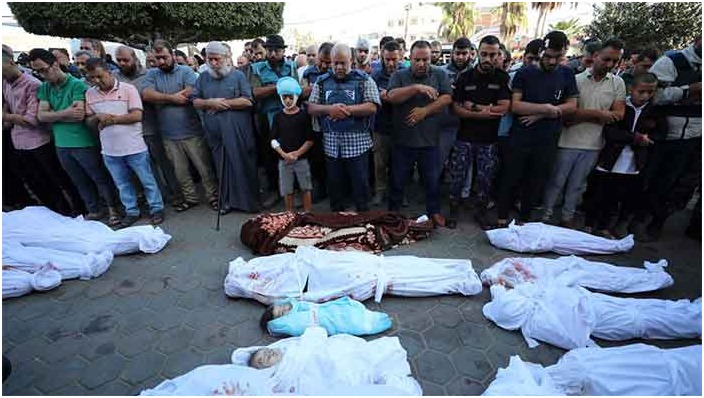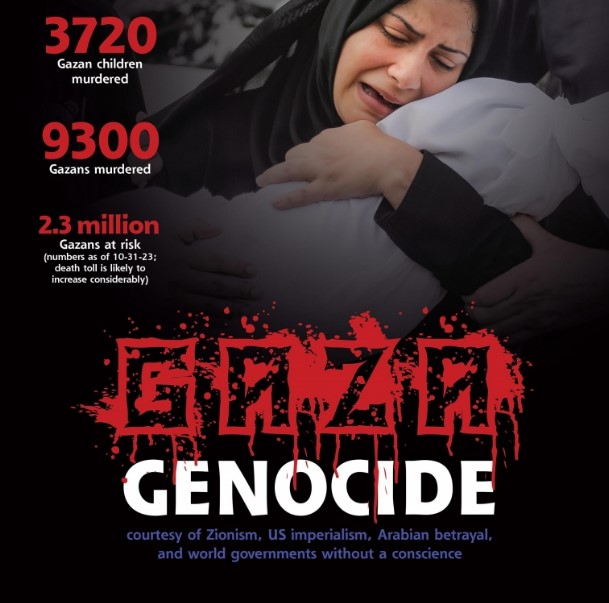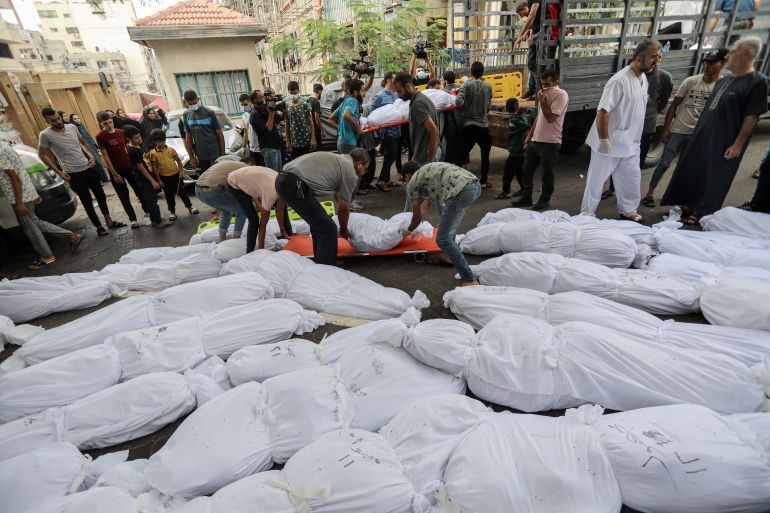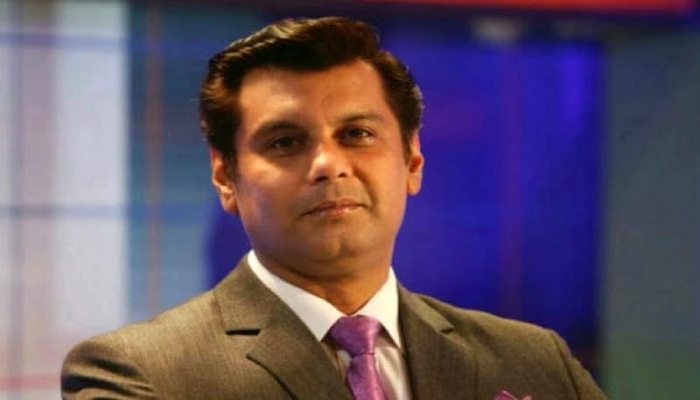Pakistani diplomat highlights India's disgraceful policies against women at UNHRC
0 comments | by Murtaza Ali Shah

Pakistani diplomats Murk Aijaz and Qazi Saleem at the UNHRC session. Photo: Reporter. GENEVA: A Pakistani diplomat highlighted India's disgraceful policies in the United Rights Commission (UNHRC). “India has surely become the rape capital of the world where no woman is safe due to their own disgraceful policies against women,” diplomat Murk Aijaz said.Around 327,000 crimes against women were registered in a single year in India, most of these involving rape or rape attempts. Availing right of reply at the current 36th Session of the Human Rights Council, Aijaz quoted India’s National Crime Records Bureau statistics said that more than 35,000 incidents of rape had occurred in three years in India and almost 93 rapes were committed in the country each day.
She quoted reports by Asian Watch and Physicians for Humans stating that rape is used as a means of targeting women by the Indian security forces in an attempt to punish and humiliate the entire community. She told the UN forum that horrific and barbaric atrocities in Kashmir are not isolated incidents “but they represent Indian mindset of systematic disregard for human life, human values, human rights and most importantly human dignity”. The diplomat said quoting Amnesty International that a former Manipur state policeman was involved in more than 100 extrajudicial executions between 2002 and 2009.
“Journalists like Karun Mishra in Uttar Pradesh and Rajdeo Ranjan in Bihar were shot dead for writing reports that didn’t go well with the Indian government. 282,000 prisoners – 68% of the total prison population – were pre-trial detainees,” she said. She highlighted the widespread human rights abuses of religious and ethnic minorities as well as lower Hindu castes. “According to India’s official statistics, more than 45,000 crimes against members of Scheduled Castes and almost 11,000 crimes against Scheduled Tribes were reported in one year. India topped the global blast list with around 406 bombings taking place last year. We can well imagine the causes. Their policy of state perpetuated terrorism is now biting them back.”
Aijaz said that the current BJP Government in India is the product of the militant, hate-driven ideological parent — Rashtriya Swayamsevak Sangh (RSS). A senior BJP official, Subramanian Swamy, in a recent speech, declared that mosques are not holy places and thus can be demolished. “A number of churches were vandalized. A 71-year-old nun in the eastern state of West Bengal was gang-raped. And the beef-ban movement was spreading to new states. How can we forget the Gujrat killing of more than 2000 Muslims in which ruling party was found as the main culprit," she said. "With such leadership at the top which has no regard for life, recent barbarism in Indian Occupied Jammu and Kashmir was always on the cards.”
The Pakistani diplomat, in the UNHRC session, said that Kashmiris are not scared of demanding their right to self-determination and nor would Pakistan be intimidated by India. “We would stand with the people of Indian Occupied Jammu and Kashmir. Pakistan remains committed to resolving the Kashmir dispute according to the UN Security Council resolutions for a lasting peace in the region and beyond,” Aijaz said.
World News Alerts
Munir Akram, a former Pakistani diplomat, wrote recently that efforts to engage with the United States will prove fruitless and that President Trump’s new policy of sending more troops and putting pressure on Islamabad is not aimed at pacifying Afghanistan but at imposing a broad “Pax Indo-Americana” on the region.
“Pakistan should prepare itself to bear the pain of threatened U.S. sanctions. It should draw its own red lines,” Munir wrote in Dawn, a major daily newspaper in Pakistan. “Any sign of weakness will intensify, not ameliorate, U.S. coercion.”
Even if it is in Pakistan’s urgent interest to smooth its relations with Afghanistan, some analysts said, the most intractable obstacle is the gulf between Afghan and Pakistani perceptions of regional reality. Afghans see the Taliban insurgency as the main threat to their security and Pakistan as its backer; Pakistan sees India as a permanent threat to its existence and its friendship with Afghanistan as an extension of that threat.
“For all the complimentary rhetoric on both sides now, there is a total disconnect between how they define the problem,” said Davood Moradian, president of the Afghan Institute for Strategic Studies. “They both face the threat of terrorism and they have to come to an understanding, but it is not happening. At this point, I can see no positive outcome.”





